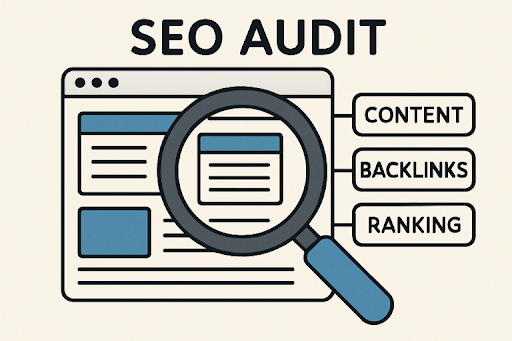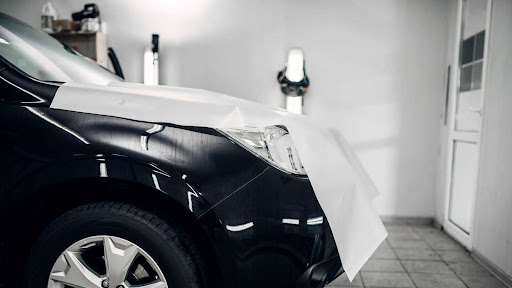
Virtual tours are becoming increasingly popular as a way for potential clients to see properties in their entirety before making an investment. However, most of the time, they come across as very impersonal. Today’s virtual reality systems can give virtual tours a more personal and immersive experience that makes potential home buyers or tenants feel like they’re really seeing the property they’re interested in.
When combined with 360-degree video, virtual reality tours provide much more than just a quick video of the property you’re interested in. In this article, you will learn some of the best ways Virtual Reality can enhance your virtual tour experience.
Table of Contents
Difference between an online virtual tour and a virtual reality tour
Virtual reality and online virtual tours are similar in many ways. The difference lies in the technology used. Online virtual tours use computer-generated imagery to create a 3D representation of your home or business, including 360-degree photographs. Real estate companies use these tools to let potential clients experience your home or business without actually visiting it.
Virtual reality in architectural walkthroughs, on the other hand, creates a fully immersive experience that allows clients to walk inside your home or business. VR systems can be expensive and difficult to set up, but the investment is worth it for the added experience for your clients.
The rise in popularity of VR as a marketing tool has been huge, with many companies now investing heavily in the industry. It is common for real estate companies to use virtual tours in order to let potential clients experience their properties from the inside. While this strategy can be effective, it doesn’t provide the same level of immersive experience that VR can. VR systems can be expensive and difficult to set up, but the investment is worth it for the added experience for your clients.
Why should real estate companies adopt virtual reality when showing their properties?
When used as part of a virtual tour, VR can be a great way to showcase a property’s features and appeal to potential customers, letting them know what their dream house would look like. For example, if your business is an architect, you can use VR to show potential clients a tour of your office space and how they’re going to be able to work there. VR can also help you visualize potential uses for your property. If your home is in a complex, you can use VR to visualize potential uses for each of the units in the complex so that potential tenants can see what the space would look like if they moved in.
VR can also be helpful when it comes to showcasing specific areas of your property. If you have an awesome backyard but you’re not sure how to sell it as an amenity, you can use VR to visualize what your backyard would look like if you added a swimming pool.
VR For Immersive Tours
Virtual reality systems, like the Samsung Gear VR or Oculus Rift, can be used to take existing video and turn it into a VR experience. Companies that already have VR content, like Disney or National Geographic, are the best candidates for this approach. In this scenario, you would use your existing 360-degree video footage to create a VR tour. You can also create your own VR tour using computer-generated imagery, like 2D photography or 3D models. VR is great for creating VR tours because it allows you to combine both 360-degree video and computer-generated imagery to create truly immersive experiences. With VR, you can turn your computer into a tour guide and create tours that give your clients a bird’s eye view of your property from multiple angles. You can also use VR to walk your clients through your property so that they can truly experience the living spaces and various amenities. VR can also be used in conjunction with a CAVE to create an ultra-immersive experience.
Virtual reality and customer experience
In an increasingly competitive market, customer experience is key. VR tours can provide a truly unique experience that your potential customers won’t get anywhere else. This level of immersion can make your property stand out from the crowd, helping you reach out to potential customers who are walking past.
From a business standpoint, being able to visualize potential uses for your property can help you make more informed decisions about how to use the space. With VR, you can walk your potential tenants through the space and see how they would use the space so that you can better understand how to design your property for optimal customer experience. VR tours can also be used for marketing purposes. Because VR uses a deep level of immersion, it can be a great marketing tool for getting your real estate company’s name out there.
Summary
Virtual reality is an emerging technology that provides an immersive experience for potential customers to walk through your property and experience it from every angle. VR for virtual tours is becoming increasingly popular as a way to enhance the experience for your customers by providing a fully immersive experience, especially for sites like Plus Render. VR tours can be used to showcase a variety of features and appeal to potential customers. VR tours are great for marketing purposes and can be used to market your real estate company, get your name out there, or show potential uses for your property.



